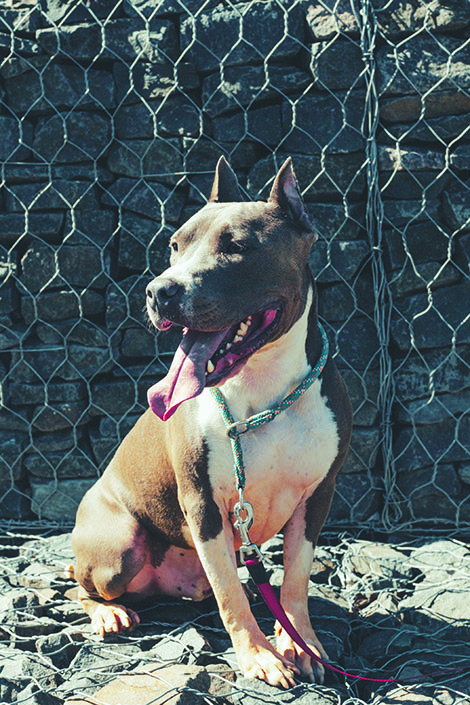Could you face life without your dog? International travelers and people looking to move abroad with their furry friends may find out that their dog’s breed is banned in other countries.
International Citizens Insurance offers a rundown of some of the countries which have restrictions in place if people want to enter with their four-legged companion.
Dogs being bred for dangerous activities and dog attacks pose significant concern worldwide – meaning some pets must be left behind, which can be heart-breaking. But although many in the list of banned breeds are completely calm and tender pups, if bred under the wrong circumstances or brought up with the intention to fight and be aggressive, they can cause major safety concerns.
In an attempt to minimize possible attacks by dogs and safeguard the public and other animals, many countries place bans or restrictions on the entry of aggressive dog breeds. So pet travel guidance differs between countries, depending on laws and security regulations.
It’s important for pet owners to travel to learn the laws and regulations in a specific country, have the correct insurance, and follow all rules for their breed , said Joe Cronin, president of International Citizens Insurance, which keeps a list of banned breeds and other information about traveling with pets.
“Many people may be shocked to find out that if they own a dog which comes from a traditionally aggressive breed or a breed known for fighting, no matter how trained or calm they are, they may not be able to travel with them to certain countries,†Cronin said.
Here is what some countries allow or don’t allow:

Australia has a ban on breeds that were specifically bred for fighting. Prohibited breeds are Pitbull Terriers, Dogo Argentino, Fila Brasileiro, Japanese Toso, and Presa Canario.
Australia also prohibits the entry of domestic or non-domestic hybrid breeds (such as wolf crosses). Travelers, expats or émigres traveling with a dog must sign a declaration stating that their dog is not an ineligible breed.
Canada
Unlike many countries, Canada doesn’t have a blanket ban on dog breeds. Instead, certain provinces prohibit certain breeds. Expats planning to relocate to Canada should ensure they are up to date with the most recent legislation for their destination. And travelers should ensure their route through the country doesn’t include certain provinces that ban their type of pooch. Manitoba, for instance, bans the American Pitbull, American Staffordshire, and Staffordshire Bull terriers, as well as other dogs that have similar physical attributes.
France
Similar to the ones outlawed in Australia, France also prohibits dangerous dogs from entering. They’re defined as attack dog. A separate category allows entry by certain dogs that are registered with a pedigree recognized by the French government.
Mexico
No blanket ban across the country, but dog-owning travelers, expats and émigres must obey certain regulations, including microchipping, rabies vaccinations and a parasite treatment for their dogs.
Switzerland
Switzerland bans the import of dogs with cropped ears and docked tails except for vacations or other short stays by their owners. Breeds perceived as attack dogs are allowed into the country only if they pass a behavioral test, are neutered, and are covered pet insurance. Among them: American Staffordshire Terrier, English Mastiff, pitbulls, and Rottweilers.
United Kingdom
Expats and travelers coming in or out of the U.K. won’t be able to bring any of the breeds that have been banned there since 1991–Pitbull Terrier, Japanese Tosa, Dogo Argentino, and Fila Brasileiro. Any other dogs that have visual characteristics of the banned canines could also be banned, even if they’re a different breed. Whether or not the dog is to be banned could be decided in court, and if the dog is already in the country, it could be euthanized.
